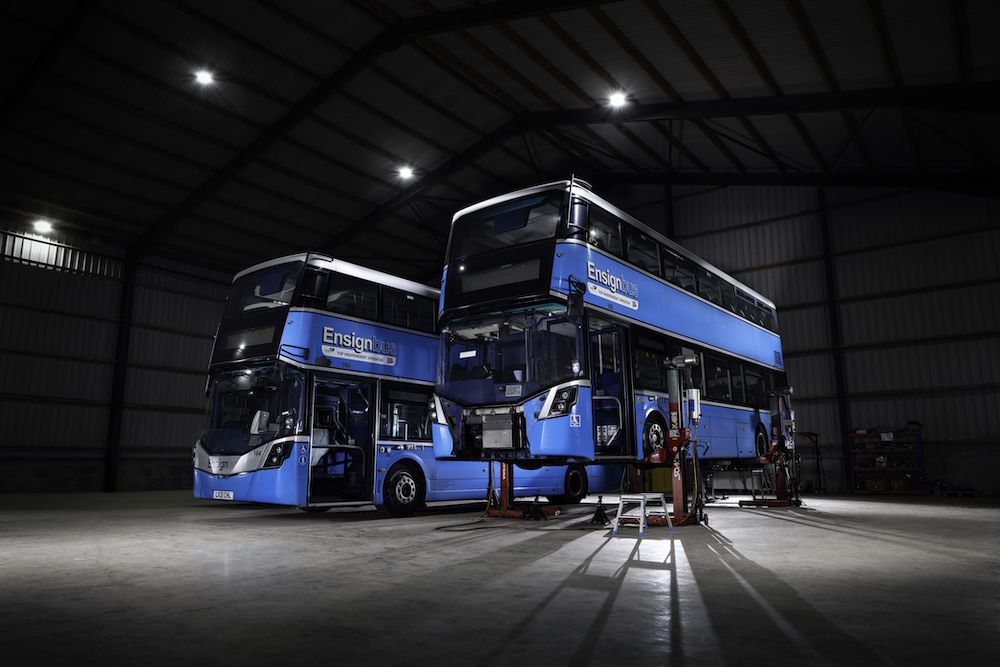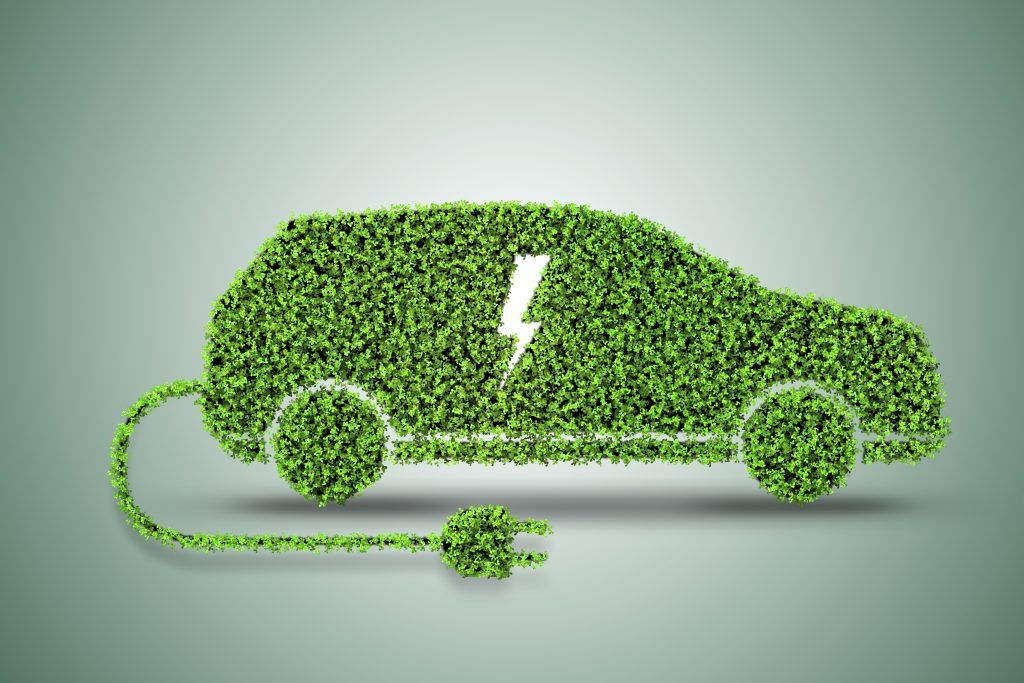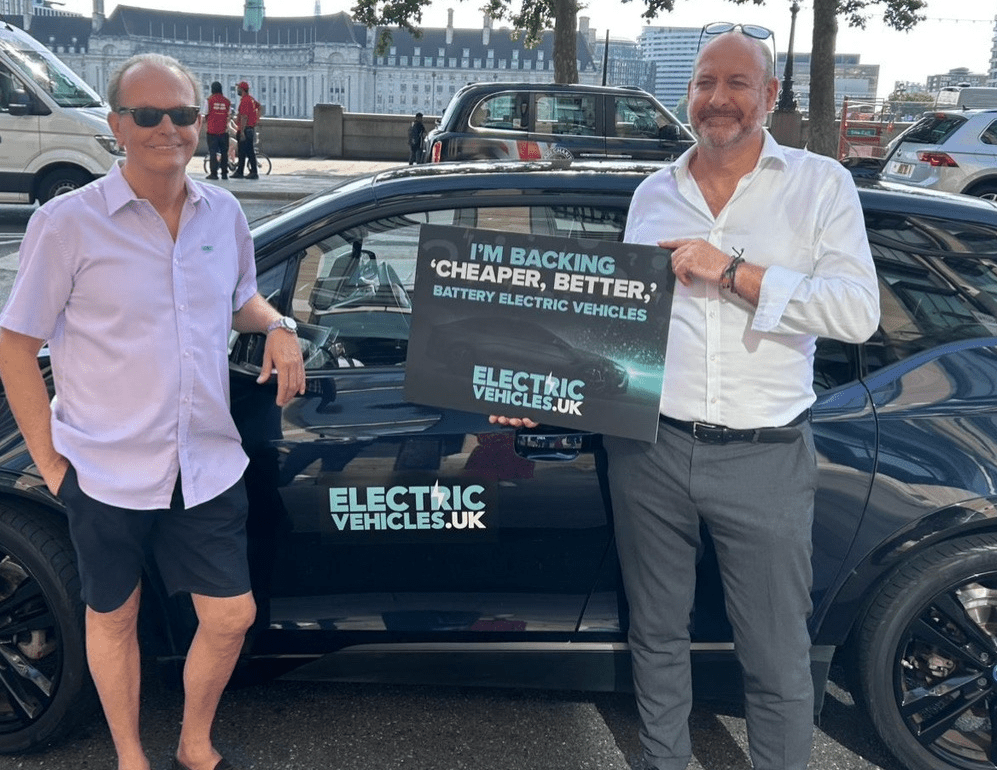Rachael Hewish, Public Affairs Manager at the British Vehicle Rental and Leasing Association (BVRLA), reflects on a strong start for the electric vehicle market in 2021 and highlights how collaboration will be key to ensuring the uptake of EVs continues.
Although Covid-19 meant that many plans had to change last year, the government stuck resolutely to its decarbonisation goals and in fact brought forward its phase out targets for new petrol and diesel vehicles to 2030. Only time will tell if this target can realistically be achieved, but the year ahead looks likely to provide a fascinating litmus test for things to come.
Certainly, the start of 2021 is looking promising. The latest statistics from the Society of Motor Manufacturers (SMMT) show the electric vehicle market enjoyed its best year in 2020. At a time when UK car registrations dropped by nearly 30%, the lowest total sales since 1992, electric and plug-in hybrid car sales rose sharply, accounting for a record high of over 10% of the market.
In terms of BEV adoption, forecasts show that it could take a number of years for them to become very widely adopted and following that, new registrations will likely drop off partly because BEVs have a longer lifespan than their internal combustion engine equivalents, and partly because people will move into more shared transport options. This is already being seen as the appetite for driving licences amongst younger people has begun to fall.
Whilst it is encouraging to see positive movement towards EVs within the new car market, the picture isn’t as rosy for electric vans or used BEVs right now. There is no current government strategy to incentivise or support the used BEV market and without this there are fears we could see a crash in used BEV prices. This would have a knock-on impact to consumers as vehicle finance companies, fearing potential losses, could start to set more conservative residual values for new BEVs, potentially increasing the cost to customers looking to lease or finance a BEV now.
For commercial vehicle operators, the lack of available supply of suitable electric vans has been a real concern. The variety of available models continues to significantly lag behind the electric car market. Further hampering things is the recent cut in the plug-in grant. Although much of the coverage has focused on cars, it is small vans which will feel the worst sting. The government really must think again and consider ring fencing funding specifically for plug-in van grants to support this more fledgling wing of the electric vehicle market. That said, electric vans now qualify for a 0% van benefit charge from 6 April this year. The 0% benefit in kind rate for company cars has provided a massive shot in the arm for electric car take up since it was introduced, and it is hoped providing greater parity in support for vans will also result in a bit of a boost to counteract in small part some of the negative effects of the Plug-in Grant changes.
But not everything is out of our hands, there are steps we can take too as an industry to support the uptake of EVs this year. It is becoming increasingly clear we must all collaborate like never before. The fleet industry must work with government, automotive must work with the energy sector, and everyone must work with the same customer at many different touchpoints. If a customer has had an experience with a BEV through rental or a car club, it could lead to them leasing one in the future. If their energy company can talk to them about the savings joining a particular tariff would bring it could influence their decision making for their next vehicle. If the government provides certainty on future policy measures it will boost consumer and industry confidence. This has to be a team effort, joined up thinking and customer communication is going to be crucial as we look to start cruising along that electric vehicle adoption road towards 2030.
The BVRLA’s third Fleets in Charge webinar ‘Charging the EV revolution’ will focus on charging infrastructure and takes place on 23 June.
Image courtesy of BVRLA.














